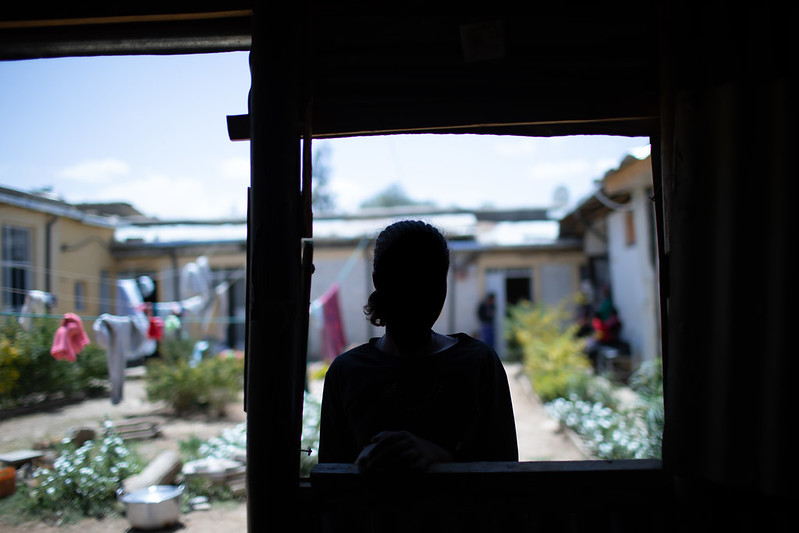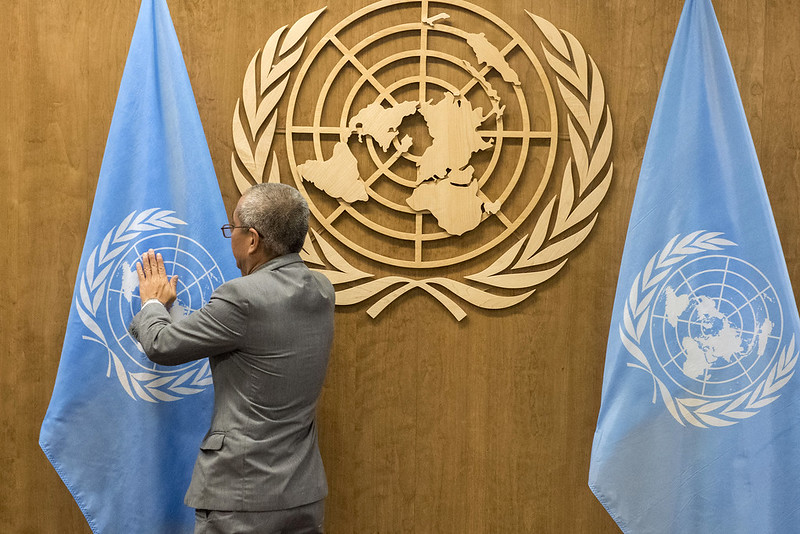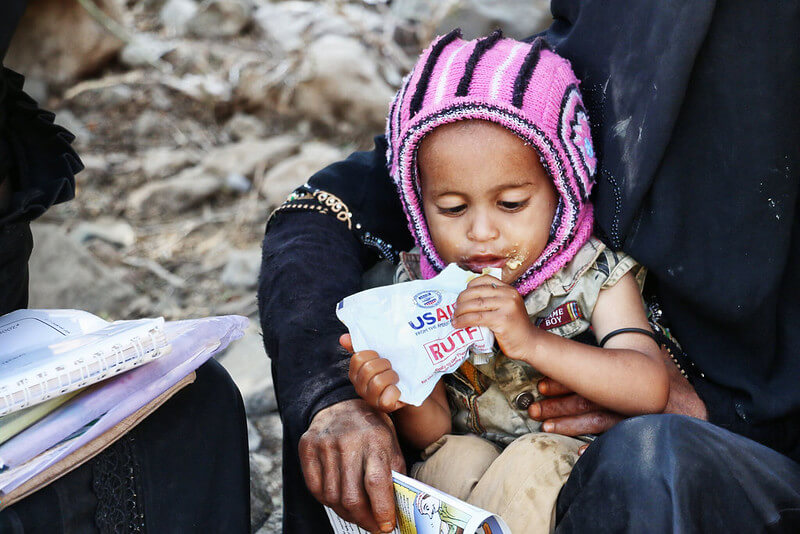This is the most recent report in recent efforts at reviewing peace operations. The UN undertook a thorough review of its peace operations through the UN High-Level Independent Panel on Peace Operations (HIPPO), which submitted its report in 2015. On the part of the AU, the first such review was the 2010 African Peace and Security Architecture (APSA) review. The AU undertook similar review of the APSA as a follow up to the previous review. This resulted in the 2016-2020 APSA roadmap. While this report fits into and complements these various existing reports, it also has certain features that set it apart from these reports.
Much of the focus of the other reviews of AU peace operations has been on what this report calls instruments, the decision-making mechanisms and the tools that the AU has developed and used over the years. As it can be gathered from its title, ‘African politics, African Peace’ on the other hand puts singular emphasis on and dedicates considerable space to politics, particularly Africa’s politics of peace. This is given expression and best captured through what the report calls the primacy of the political. While similar language has been used in the HIPPO report, the scope and content of the primacy of the political in this report is different.
The report is unique in the clarity and depth of its articulation of the primacy of the political. It articulates the primacy of the political not simply in terms of the centrality of a political strategy that guides and leads the use of conflict management tools and a political process for resolving conflicts. Importantly it defines the primacy of the political as containing the norms and principles, ownership of the goals and strategies for peace and security and the precedence assigned to conflict prevention.
In drawing attention to and emphasizing the primacy of the political as the philosophical bedrock on which the edifice of AU peace and security is built, this report warns against and challenges the trend of resorting to security heavy responses to Africa’s challenges to peace and security. It urges a shift from the dominant reactive and ‘fire-fighting’ approach to a proactive and preventative approach. Indeed, taking the primacy of the political to its full application, not only does the report gives primacy to conflict prevention but it also makes the funding and finance ancillary to the political goals and strategies of peace missions.
The primacy of the political emphasizes that AU’s comparative advantage and hence the prospect of success of its responses to peace and security challenges lies not in hard security approaches but principally in the full and effective implementation of its norms and principles. The policy response to conflicts should principally be based on well thought out political strategies and processes. ‘The AU is strongest,’ in the words of the report, when it articulates and pursues a political agenda. Since the norms and principles of the AU highlighted in this report constitute the normative basis for AU actions, the report underscores that the formulation of political strategies for the prevention and resolution of conflicts should draw on and be informed by these norms and principles.
The report’s discussion on ownership of the goals and strategies of peace and security offers a fine articulation of and defense to ‘African solutions to African problems’. Thus, the report points out that the primacy of the political starts with and involves intellectual leadership. This entails both setting the political norms and principles and ownership of articulating those norms and principles in the realms of policy and practical political action. Central to the intellectual leadership is Africa setting the peace and security agenda and being at the centre of both the definition of the problems of peace and the efforts for solving the problems. As rightly pointed out, ‘[f]or Africa to set its own agenda for the future it must write its own history, or it will remain a prisoner of histories written by others; it must define its own problems, or find itself defined by its problems’.
Along the same lines, the report also acknowledges and emphasizes the need for African actors to shoulder the lion’s share of the burden for funding AU peace missions. The report argues that it is not clear how African ownership can be retained if the AU is seeking funds from others.
This report not only foregrounds the primacy of the political but also in the report the primacy of the political runs across the report and becomes the golden thread that ties the various parts of the report together. Thus, political strategies are made to define the funding needs and mechanisms of AU peace missions and not the other way round. Again, armed operations should be led by and serve political strategies and hence should not be pursued in isolation and in a political vacuum. Similarly, even for protection of civilians, for effective protection emphasis is put more on the political process than the military and security mechanisms.
The report also stands out in other ways as well. It identified the important areas of strength of AU’s politics of peace and its experience thus far, which need to be prioritized and further enhanced. These include its capabilities and norms, articulation of political strategies and goals and some areas of peace support operations for which the UN lacks comparative advantages. Similarly, the report also highlights some of the areas of challenges or gaps in AU’s exiting approach to peace missions. These include challenges surrounding AU-RECs relationships, the extra-African dimensions of African security challenges, the synergy and interplay between the African Governance Architecture (AGA) and the African Peace and Security Architecture (APSA).
With respect to the African Standby Force (ASF), its most useful contribution is its call for drawing clear demarcation between peace enforcement, expected to be principally implemented by coalitions of the willing, and other forms of peace support operations for which the AU assumes full responsibility. Given the past 14 years experience of the AU in this area, the report also identified the themes that should be addressed in the separate doctrines that should be articulated to peace enforcement operations and other forms of peace support operations.
While there could be issues with particular subjects in the report, there are two general issues I observed on the report. First, the report rightly pointed out that the challenge facing the AU primarily is implementing of existing commitments. In this regard it makes the profound observation that a ‘major part of the implementation challenge is ensuring that the officials and staff entrusted with the continent’s peace and security agenda are fully cognizant of their responsibilities and capabilities. Equally important is the domestication and integration of these commitments into national governance and foreign and security processes of AU member states’. Despite noting these as major challenges, the report does not offer how this can be addressed and what the implications of these challenges are for AU’s peace missions.
The relationships between AU peace missions and international peace and security is another area. Here, while the report duly acknowledges the interface between the two and rightly identified relationships as one important component of Africa’s politics of peace, in its discussion on burden sharing it paid little attention to the price that African troops pay in lives and limbs and the resultant responsibility that this gives rise to on the international community including in financing AU peace missions authorized by the UN Security Council.


